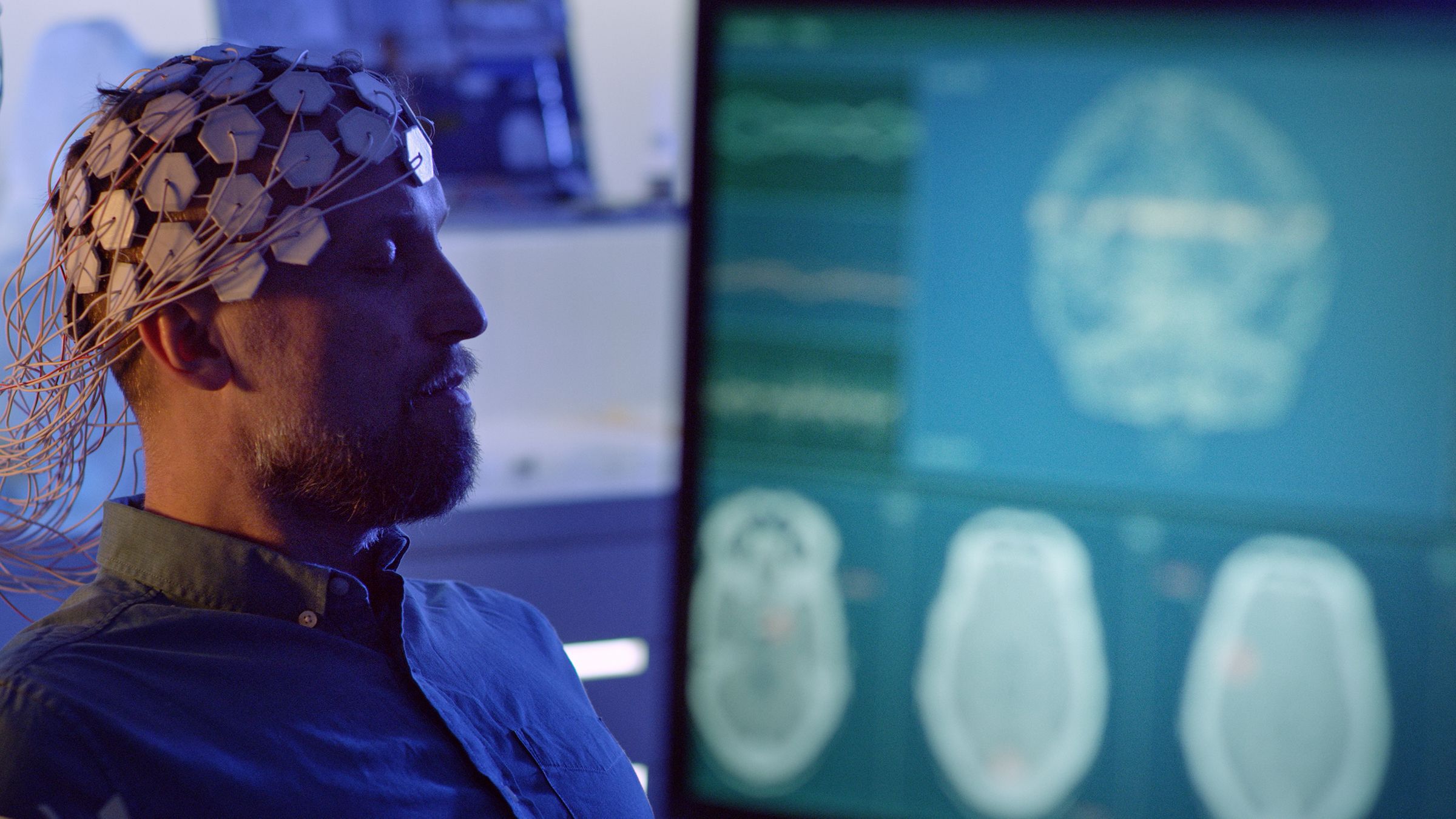An AI Model for the Brain Is Coming to the ICU
As technology continues to advance, artificial intelligence is making its way into various aspects of healthcare. One area where AI is set to make a significant impact is in the intensive care unit (ICU).
Researchers have been developing an AI model that can monitor brain activity in real-time and provide insights into a patient’s neurological status. This could be particularly beneficial for patients in the ICU who may be at risk of developing neurological complications.
The AI model is designed to analyze data from various sensors and imaging technologies to detect abnormalities in brain activity that may indicate a decline in neurological function. This early detection could help healthcare providers intervene sooner and potentially improve patient outcomes.
By continuously monitoring brain activity, the AI model can provide valuable information to healthcare providers, allowing them to make more informed decisions about patient care. This could lead to more personalized treatment plans and better outcomes for patients in the ICU.
Additionally, the AI model could help reduce the burden on healthcare providers by automating certain tasks related to monitoring brain activity. This would free up their time to focus on other aspects of patient care.
While the introduction of AI into the ICU may raise concerns about the potential for technology to replace human judgment, experts emphasize that AI is meant to enhance, not replace, the expertise of healthcare providers.
Overall, the introduction of an AI model for the brain in the ICU has the potential to revolutionize patient care and improve outcomes for critically ill patients. As technology continues to evolve, we can expect to see more AI-driven innovations in healthcare in the near future.

